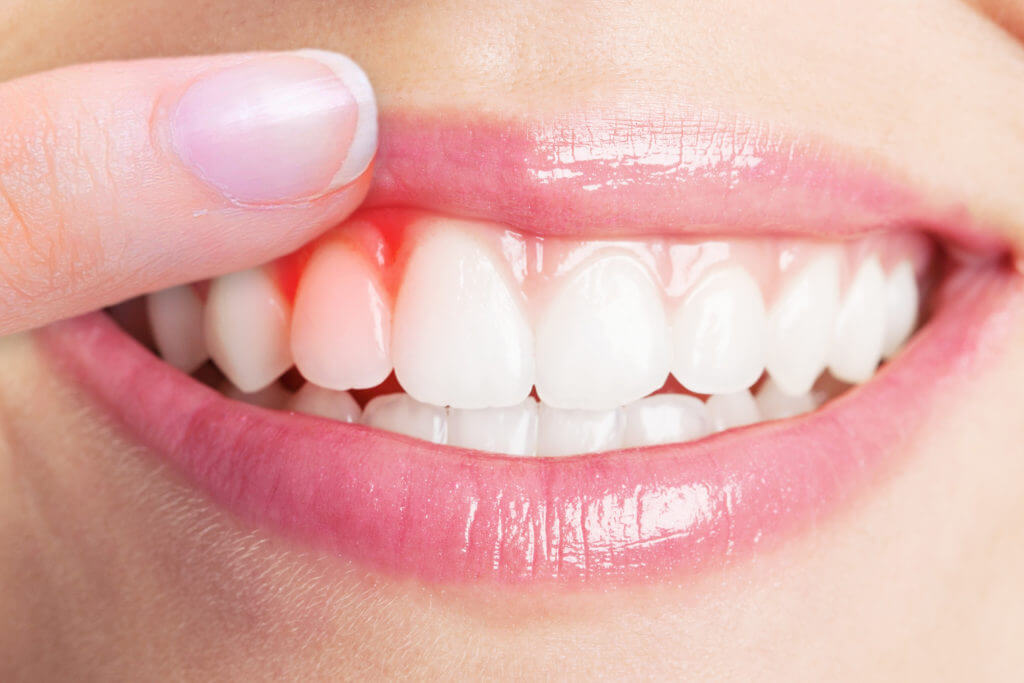Gum inflammation, often manifesting as redness, swelling, and discomfort, is a widespread dental issue that affects many individuals, regardless of age or dental hygiene practices. While it may seem like a trivial concern, the implications of neglected gum health can be extensive, leading to serious conditions such as periodontal disease.
What triggers this inflammation? A multitude of factors ranging from poor oral hygiene and plaque buildup to systemic diseases and hormonal changes can contribute to gum irritation. Fortunately, there are effective treatments available that can help mitigate these symptoms and restore gum health.
In this article, we will explore the common causes of gum inflammation and delve into practical strategies for treatment, empowering you to take proactive steps toward maintaining not only a beautiful smile but also a healthy mouth.
Common Causes of Gum Inflammation

Gum inflammation, or gingivitis, can arise from a variety of factors, each intertwined in its complexity. Poor oral hygiene, the most common culprit, enables plaque to accumulate, leading to irritation and swelling of the gums. Additionally, hormonal changes during pregnancy, menstruation, or menopause can make gums more sensitive, creating a fertile ground for inflammation.
Nutritional deficiencies, particularly a lack of vitamin C, weaken the bodys defenses and contribute to gum issues. Furthermore, systemic conditions like diabetes and autoimmune diseases may exacerbate gum inflammation, making underlying health management essential.
Even lifestyle choices, such as smoking and stress, play a significant role, compounding the risk. Understanding these diverse triggers is key to tackling gum inflammation effectively, paving the way for healthier smiles.
Hormonal Changes
Hormonal changes can significantly impact oral health, making the gums more susceptible to inflammation. Fluctuations in hormones, particularly during puberty, menstruation, pregnancy, and menopause, can lead to an increase in blood flow to the gums, causing them to become swollen and sensitive.
For instance, during pregnancy, heightened levels of progesterone can alter the way the body responds to bacteria in the mouth, leading to a higher likelihood of gum disease. Additionally, women experiencing menopause may find their gums becoming more fragile due to decreased estrogen levels.
It’s crucial for individuals undergoing these hormonal shifts to maintain vigilant oral hygiene routines and seek regular dental check-ups, as early intervention can help mitigate the risks associated with gum inflammation. Understanding this connection between hormonal fluctuations and gum health is essential for managing and preventing gum-related issues effectively.
Nutritional Deficiencies

Nutritional deficiencies can significantly impact gum health, often manifesting as inflammation that could escalate into more serious dental issues. A lack of essential vitamins and minerals—such as vitamin C, which is crucial for collagen synthesis, and magnesium, important for bone health—can compromise the integrity of the gums, making them more susceptible to infection and inflammation.
Moreover, a diet low in antioxidants can hinder the body’s ability to combat harmful bacteria lurking in the mouth. You might find it surprising that even seemingly minor deficiencies can trigger a cascade of responses; for instance, the absence of vitamin D not only affects calcium absorption but also leaves the immune system less equipped to fend off inflammatory responses.
Thus, a balanced, nutrient-rich diet is not just beneficial for overall health but also serves as a frontline defense against gum ailments, underscoring the critical importance of proper nutrition in maintaining oral hygiene and reducing gum inflammation.
Conclusion

In conclusion, gum inflammation is a prevalent issue that can arise from various factors such as poor oral hygiene, hormonal changes, and certain medical conditions. Understanding the root causes is crucial for effective management and prevention of this condition.
By adopting a diligent dental care routine, including regular brushing and flossing, alongside routine dental check-ups, individuals can significantly reduce their risk of gum inflammation. Additionally, treatments such as mouth rinses and topical applications can provide relief and promote healing.
A product like Dentavim can further support oral health by targeting inflammation and improving gum condition. By addressing these factors proactively, one can maintain healthier gums and overall oral health.




